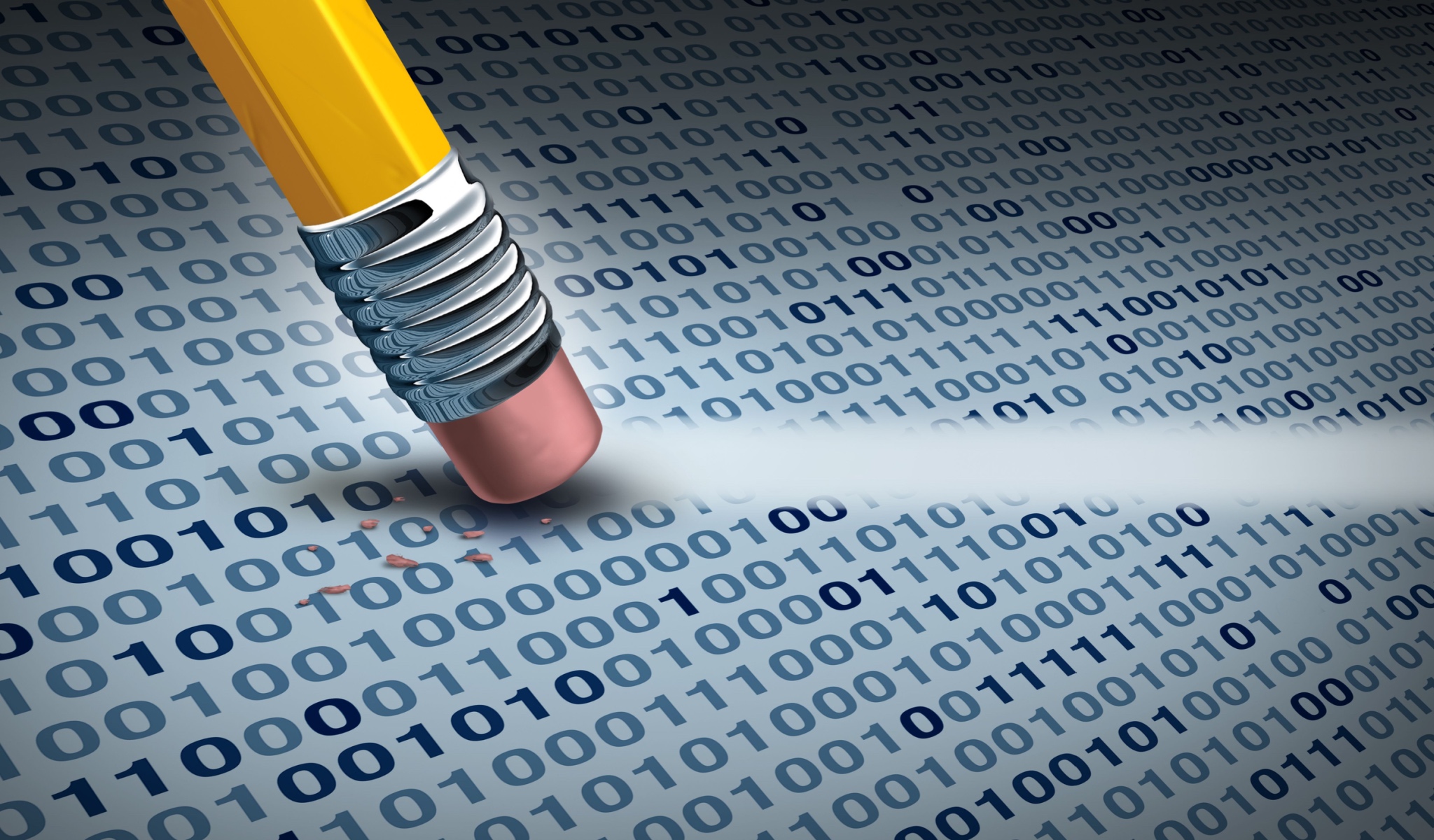The Impact of Internet Censorship on Historical Archiving
They Are Scrubbing the Internet Right Now ⋆ Brownstone Institute 🔗

Censorship on the Internet has intensified, affecting how information is shared and preserved. Mainstream social media platforms are increasingly deleting content, leading alternative media outlets to seek refuge on less restrictive platforms. A significant incident occurred when Archive.org, a critical resource for preserving online content, suffered a Denial of Service attack, halting its ability to archive new data for weeks. This disruption means a large portion of recent internet history is now lost, making it difficult for researchers and historians to verify and track changes in information. As traditional methods of accessing archived content vanish, concerns grow about the future of free and democratic information on the web.
- Censorship on social media is becoming normalized, pushing alternative media to other platforms like Rumble.
- Archive.org has stopped archiving new content due to a DDOS attack, leading to a significant gap in online historical records.
- The disappearance of tools like Google's cached pages and Alexa's traffic rankings contributes to the erosion of accessible web history.
- The changing landscape raises concerns about the integrity and transparency of information online.
Why is Archive.org important for internet history?
Archive.org allows users to access past versions of web pages, helping researchers verify information and track changes over time.
What happened to the Google cache service?
The Google cache service ended shortly before the Archive.org DDOS attack, eliminating another way to access archived web content.
How has internet censorship changed recently?
Censorship has intensified, with platforms increasingly removing content, complicating the ability to verify and access information from the web.